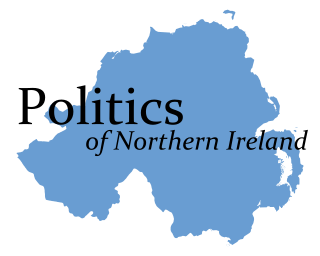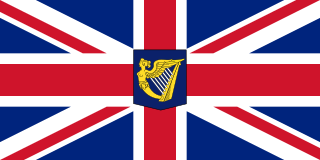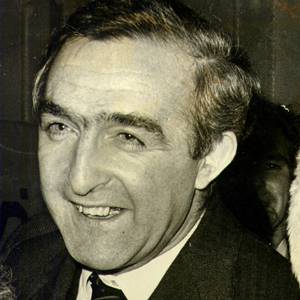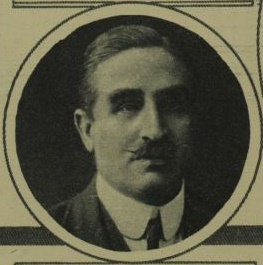Dr. Gerard Newe, OBE (1907–1982), was the first Roman Catholic to be appointed a minister in the Government of Northern Ireland. [1] He was appointed on 27 October 1971 as a Minister of State (i.e. junior minister) in the Prime Minister of Northern Ireland's Department. [2] Dr. Newe was appointed even though he was not an MP. [3] Brian Faulkner, then Prime Minister, appointed him to advise on matters concerning the Roman Catholic community. This was widely viewed as an attempt to improve community relations and encourage the Social Democratic and Labour Party (SDLP) to return to the parliament.

The government of Northern Ireland is, generally speaking, whatever political body exercises political authority over Northern Ireland. A number of separate systems of government exist or have existed in Northern Ireland.

The Prime Minister of Northern Ireland was the head of the Government of Northern Ireland between 1921 and 1972. No such office was provided for in the Government of Ireland Act 1920, however the Lord Lieutenant, as with Governors-General in other Westminster Systems such as in Canada, chose to appoint someone to head the executive even though no such post existed in statute law. The office-holder assumed the title Prime Minister to draw parallels with the Prime Minister of the United Kingdom. On the advice of the new Prime Minister, the Lord Lieutenant then created the Department of the Prime Minister. The office of Prime Minister of Northern Ireland was abolished in 1972, along with the contemporary government, when direct rule of Northern Ireland was transferred to London.

Arthur Brian Deane Faulkner, Baron Faulkner of Downpatrick, was the sixth and last Prime Minister of Northern Ireland, from March 1971 until his resignation in March 1972. He was also the chief executive of the short-lived Northern Ireland Executive during the first half of 1974.
Long before his appointment, Dr. Newe had made known his view that the Catholic minority in Northern Ireland needed to fully engage with the Northern Ireland Government. In 1958 he condemned the futility of depending on the Republic of Ireland’s legal claim to the territory of Northern Ireland and encouraged Catholics to co-operate with the Northern government, it being in his own words, “the authority that controls life and welfare." [4]

Ireland, also known as the Republic of Ireland, is a country in north-western Europe occupying 26 of 32 counties of the island of Ireland. The capital and largest city is Dublin, which is located on the eastern part of the island, and whose metropolitan area is home to around a third of the country's over 4.8 million inhabitants. The sovereign state shares its only land border with Northern Ireland, a part of the United Kingdom. It is otherwise surrounded by the Atlantic Ocean, with the Celtic Sea to the south, St George's Channel to the south-east, and the Irish Sea to the east. It is a unitary, parliamentary republic. The legislature, the Oireachtas, consists of a lower house, Dáil Éireann, an upper house, Seanad Éireann, and an elected President who serves as the largely ceremonial head of state, but with some important powers and duties. The head of government is the Taoiseach, who is elected by the Dáil and appointed by the President; the Taoiseach in turn appoints other government ministers.










